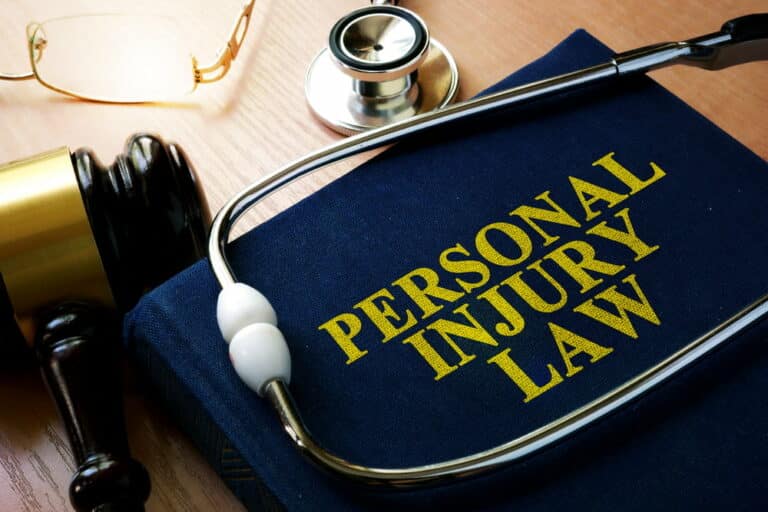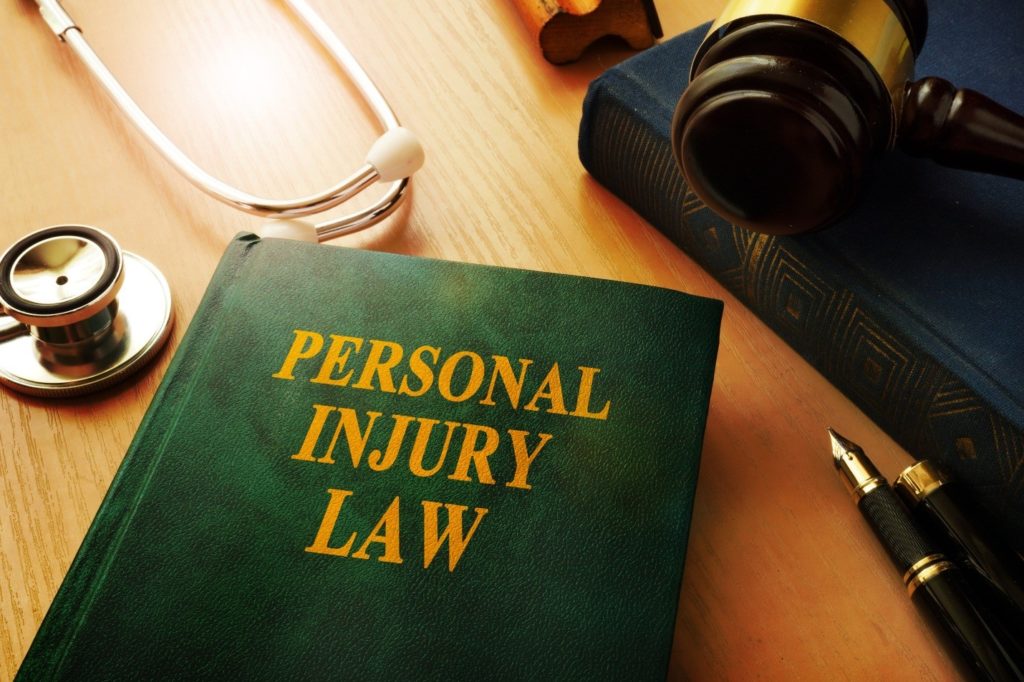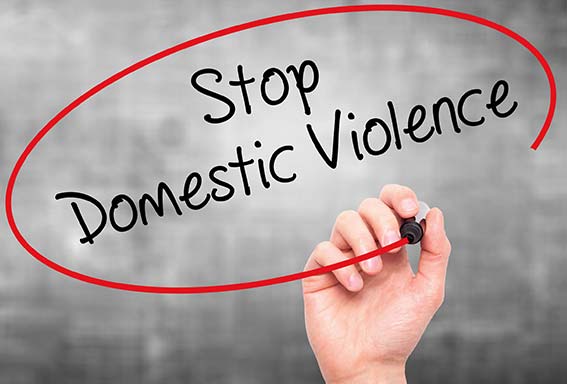Whether you are considering filing a personal injury lawsuit or have already started the process, there are many things that you should know. Here are a few of them.
Table of Contents
Statute Of Limitations
Depending on the type of accident, the statute of limitations for a personal injury lawsuit may require filing within a certain time after the injury. If you wait too long to file your lawsuit, you may lose out on compensation.
The statute of limitations for a personal injury lawsuit is usually between one and three years. Each state has its own version. If the person injured does not file within the time limit, the lawsuit will be tossed out.
There are several ways to extend the statute of limitations. One way is to hire a lawyer. A lawyer can review your case and determine the most appropriate statute of limitations.
Another way to extend the statute of limitations is to rely on an exception. For instance, a minor can claim a medical malpractice claim. This is because a minor is considered to be a legal minor, or a child, under the age of 18. The statute of limitations for a medical malpractice claim is a few years longer than a minor’s.
Discovery Phase
During the discovery phase of a personal injury lawsuit, both sides will need to share information with each other. The information gathered during this phase will determine how the case will proceed. It also gives both sides a chance to strengthen their cases.
Discovery can last anywhere from a few weeks to several months. This phase may involve requests for documents, interviews with witnesses, and depositions.

Discovery is an essential tool for a personal injury attorney. It can help to build a strong case and prevent surprises during trial. You should work closely with your attorney to make sure you understand what happens during the discovery phase of your personal injury case.
Discovery is a time-consuming part of a personal injury case. It can take months to complete, especially if the case is complicated. In fact, discovery can be the longest phase of your case.
Jury Trial
During a jury trial, the plaintiff’s and defendant’s attorneys produce witnesses and evidence. They present their case and explain the law to the jury. In New York City courts, a trial generally takes two parts.
First, attorneys for both sides select six jurors. These jurors are then seated in numerical order.
The jury will then decide how much compensation should be awarded. This decision will depend on the complexity of the issues in the case and the severity of the injuries. The jury will also consider the amount of pain and suffering the plaintiff endured. It is important to use good judgment and experience during the jury trial.
The jury will also consider the amount of compensation for medical expenses. The jury may decide to limit compensation for pain and suffering or medical expenses based on the defendant’s fault. They may also cut damages for wage loss.
Settlement
Oftentimes, a settlement of a personal injury lawsuit can be accomplished with minimal effort on the plaintiff’s part. A number of factors, including a plaintiff’s willingness to settle, an insurer’s willingness to pay, and the availability of available insurance coverage, play a part in the resolution of a claim.
In addition, an insurance carrier’s ability to pay an insured over seven figures on a claim is no small feat. However, a settlement of a personal injury claim does not necessarily mean that the plaintiff will get the full value of his or her claim. In fact, a settlement may be less than the sum of the premiums paid by the insured.
The settlement of a personal injury claim may also involve the issuance of liens, which may or may not be enforced. A lien may be mandatory or based on state or federal law. The latter is governed by the preemption doctrine.
Appeal
Depending on the situation, a person may file an appeal from a personal injury lawsuit. This may happen because the case did not go your way, or you were not compensated enough. It is important to talk to an experienced attorney about the best way to handle your appeal.
If you have decided to file an appeal, you need to have a strong reason for it. You will need to cite a reversible error in law, or some other legal issue.
An appeal can be time-consuming and expensive. It may take months to a year to resolve. Ultimately, the decision will depend on the strength of the appeal issues.
If the appeal is successful, you may end up remanding the case to the lower court for a new trial. This is because the court may find that the evidence presented at the original trial was insufficient.






More Stories
Can I Prove Negligence in My Personal Injury Lawsuit?
Are Landlords in New York Liable for Slip and Fall Injuries?
Difference Between A Personal Injury & Workers Comp Attorney